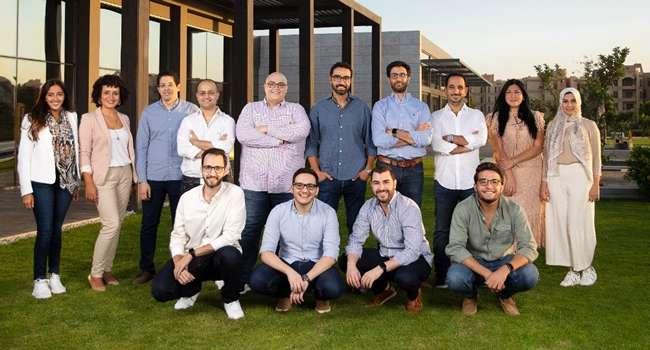This line-up of stories will help you discover the latest happenings around the tech world, today.
1. Africa Startup Initiative Programme, ASIP, unveils new cohort
Africa Startup Initiative Programme, ASIP, has unveiled a new cohort comprising of 10 Africa startups.
The new sponsorship comes in partnership with mobile operator Telecel.
The initiative was launched in 2017 as the first multi corporate-backed pan-African startup accelerator.
According to the team, more than 2,200 applications were received for the programme.
The 10, which made it as finalists, emerged from an intensive two-day selection process of 20 semi-finalists.
Five of the cohort are from Nigeria, and are listed to include Agrodata, AGS Tribe, NucleusIS, Ustacky, and Worldbay Technologies.
Other featuring startups include ventures from Cameroon, Gbana, Zimbabwe, Kenya and Zambia.
Tech Trivia: What is the estimated distance travel of a typist’s fingers daily?
A. 12 miles
B. 5 miles
C. 10 miles
D. 6 miles
Answer: See end of post.
2. Visa to buy Swedish fintech, Tink, for $2.2 billion

American multinational tech company Visa Inc disclosed on Thursday it had agreed a 1.8 billion euro ($2.2 billion) takeover of European open banking platform Tink.
The development comes months after the company ditched a planned acquisition of the startup’s U.S. rival Plaid.
Tink was founded in 2012 in Sweden to enable banks and other financial firms access consumer financial data more easily.
Today, it is used by more than 3,400 banks and other institutions, as well as over 250 million customers across Europe.
According to venture analysts, Visa was forced to terminate a planned $5.3 billion deal with U.S. data-sharing platform Plaid in January, following a U.S. government lawsuit aimed at blocking the deal on antitrust grounds.
3. Kenyan’s Ed Partners closes $1.9m funding round

Kenyan startup, Ed Partners Africa, has announced closing US$1.9 million in funding.
The new raiser comes as the startup looks to improve the quality of education received by learners from low-income communities.
The startup was founded in 2018 by Lydia Koros and David FitzHerbert to improve access to affordable, quality education in Africa.
According to local media, Ed Partners provides loans to affordable private schools by bringing access to formal credit to their doorstep.
The board noted that the company has cumulatively disbursed US$1.5 million to 142 schools reaching out to 41,000 students.
Listing its investors, the startup revealed that the round saw the participation of global social impact investor Acumen, I&P, Zephyr and existing investors.
Tech Trivia Answer: 12.6 miles
On an average work day, a typist’s fingers travel about 12.6 miles, approximately 20km.
















